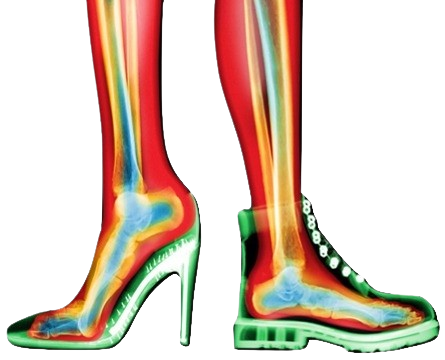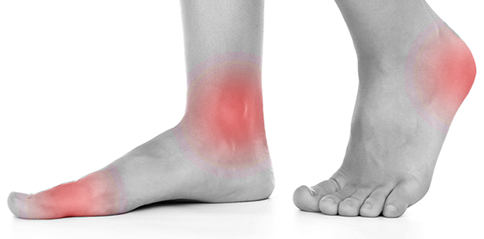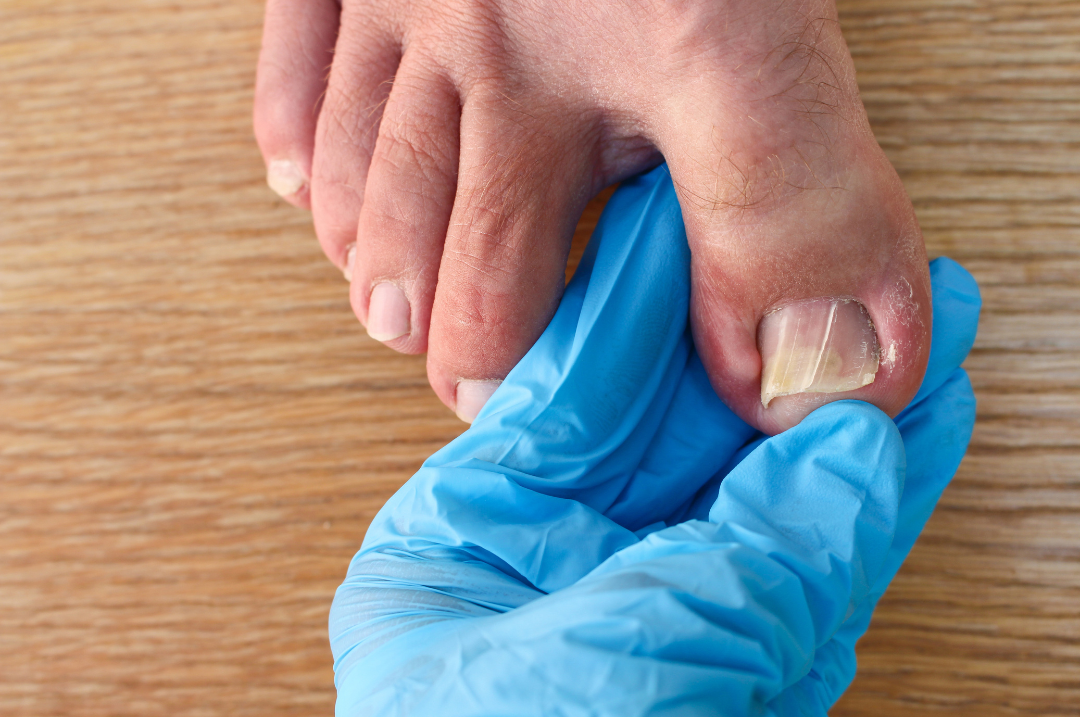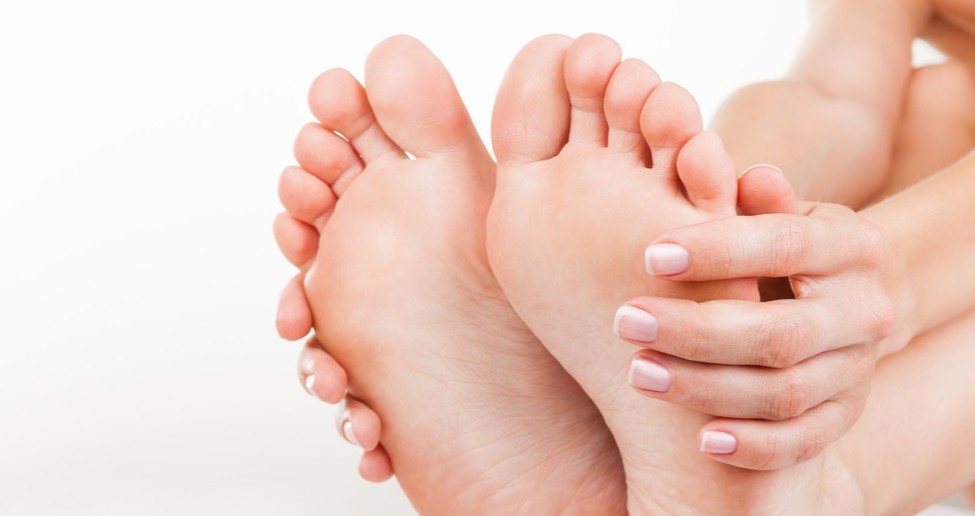Foam Rolling: A Game-Changer for Foot & Lower Limb Health
Even a few minutes of foam rolling per day can make a significant difference in your lower limb health. Focus on the calves, hamstrings, IT
band, and plantar fascia. Combine with stretching and strengthening for best results.
Read this blog to find out more about the benefits of Foam rolling.
Read More…





